
The Los Angeles County Department of Public Health has concluded that the measles outbreak in California has been limited to those who are unvaccinated.

The Los Angeles County Department of Public Health has concluded that the measles outbreak in California has been limited to those who are unvaccinated.

Researchers find that for children who suffer from mild to moderate recurrent throat infections, tonsillectomy may be more beneficial than watchful waiting.
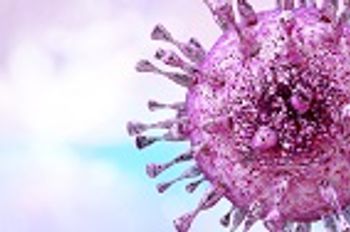
Researchers from Penn State College of Medicine have developed a Retro94-based compound that may be able to prevent cytomegalovirus (CMV) from copying itself.

Michael D. Nailor, PharmD, BCPS-AQ ID, clinical associate professor at the University of Connecticut School of Pharmacy, clinical specialist in infectious diseases at Hartford Hospital, and director of Infectious Disease Residency program at Hartford Hospital, explains why it’s important to understand the prevalence of skin and soft tissue infections.

Michael D. Nailor, PharmD, BCPS-AQ ID, clinical associate professor at the University of Connecticut School of Pharmacy, clinical specialist in infectious diseases at Hartford Hospital, and director of Infectious Disease Residency program at Hartford Hospital, discusses the biggest challenges associated with classifying and treating skin and soft tissue infections.

Michael D. Nailor, PharmD, BCPS-AQ ID, clinical associate professor at the University of Connecticut School of Pharmacy, clinical specialist in infectious diseases at Hartford Hospital, and director of Infectious Disease Residency program at Hartford Hospital, discusses which skin and soft tissue infections (SSTIs) are likely to be drug-resistant.
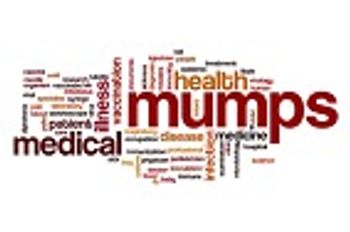
Despite the largest mumps outbreak in the United States in a decade, health officials note that the outbreak would have been larger and more severe without high vaccination rates.

A new study has characterized risk factors for the development of active methicillin-resistant Staphylococcus aureus (MRSA) among patients who are colonized with the bacteria at hospital admission.

The recent discovery of a child mummy calls into question some assumptions about the history of smallpox.
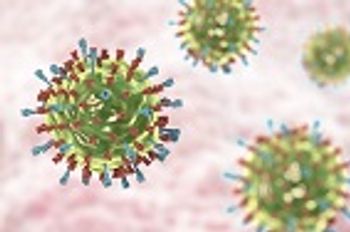
The United States is experiencing its biggest mumps outbreak in years, causing a surge of cases across the country after several years of relatively few cases. This has prompted health officials to take steps to prevent further spread of the disease.
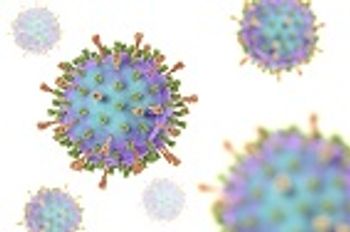
Ongoing mumps outbreaks around the United States show that the virus can occur even in vaccinated populations, though health officials stress that the mumps vaccine does prevent larger outbreaks from occurring.

A recent study of employees at an industrial hog facility found that the livestock workers were more likely to carry Staphylococcus aureus bacteria in their noses, including antibiotic-resistant isolates.
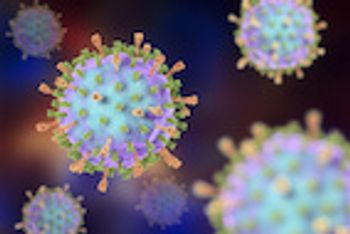
What started as four infections at the University of Missouri has now grown into an outbreak.

For a small group of individuals with immunodeficiencies, the MMR vaccine can be deadly.
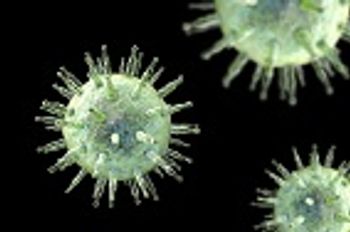
Researchers in the United Kingdom have made a new genetic discovery in the link between Epstein-Barr virus and related cancers, including a potential way to stop the cancer-causing effects of these infections.
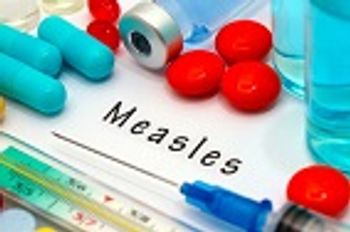
A recent analysis by the Centers for Disease Control and Prevention found that strides have been made in the fight against measles; however, the work still falls short of goals set by the World Health Assembly (WHA).

Predicting how long it takes for an infectious disease outbreak to begin may help health officials develop an early warning system, according to the authors of a new study on lag times in epidemics.

Researchers estimate that there are more cases of sclerosing panencephalitis (SSPE), a fatal measles complication, than previous thought.

Michael D. Nailor, PharmD, BCPS-AQ ID, clinical associate professor at the University of Connecticut School of Pharmacy, clinical specialist in infectious diseases at Hartford Hospital, and director of Infectious Disease Residency program at Hartford Hospital, discusses the prevalence of skin and soft tissue infections in the United States.

The probability of a measles epidemic occurring in Texas increases as the number of children exempt from receiving the measles vaccine continues to grow.

Researchers discuss five strategies to aid in the control of neglected tropical diseases.
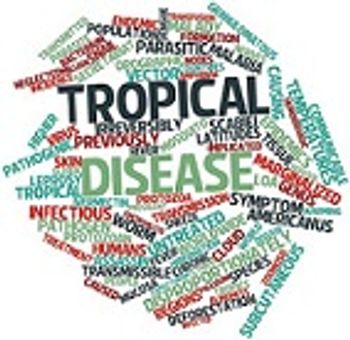
Researchers review recent progress made on neglected tropical diseases since 2010.

A recent study details a case of a man with a confirmed Zika virus infection accompanied by papular descending eruption, petechiae on his palate, and hyperemic sclerae.

Bartonella henselae, the bacterium that causes Cat-Scratch Disease, is carried in the claws and mouth of infected cats and spreads through bites, scratches, or licks to an open wound.

Mumps outbreaks have recently been reported within the school systems of three states: Arkansas, Oklahoma, and New York.